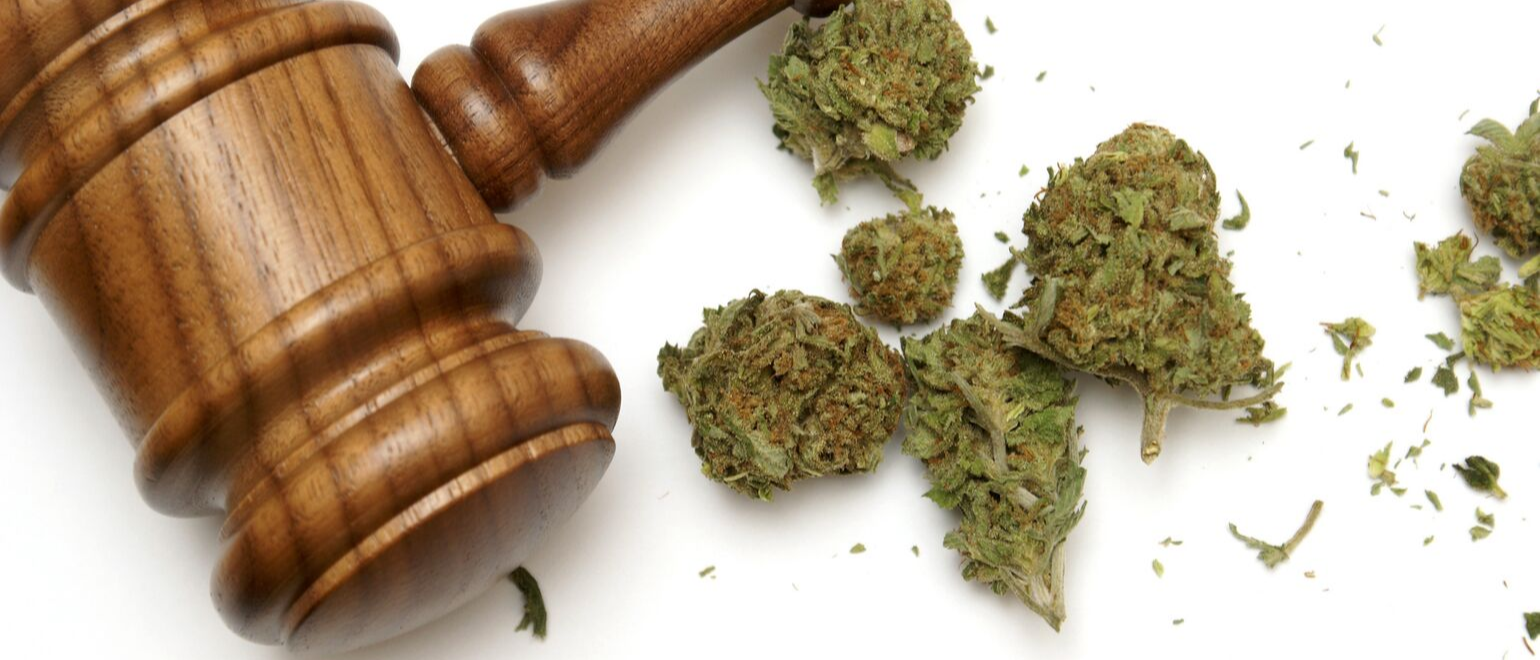On August 29, 2023, the U.S. Department of Health and Human Services (HHS) made a groundbreaking recommendation to the Drug Enforcement Administration (DEA) – that cannabis should be rescheduled from Schedule I to Schedule III under the Controlled Substances Act (CSA). This recommendation was made pursuant to President Biden’s request that the Secretary of HHS and the Attorney General initiate a process to review how cannabis is scheduled under federal law. In recent days, the unredacted 252-page analysis supporting the August recommendation was released pursuant to a Freedom of Information Act request. While the DEA is presently reviewing HHS’s recommendation and has final authority to schedule a drug under the CSA, it is ultimately bound by HHS’s recommendations on scientific and medical matters.Continue Reading Cannabis Rescheduling: HHS Findings and Legal Implications









